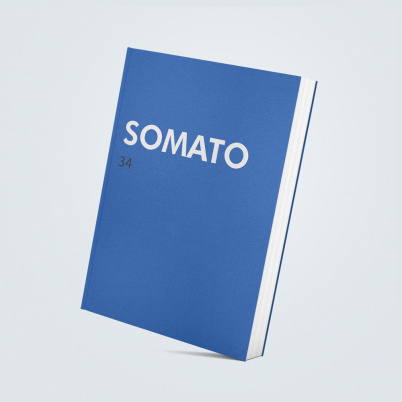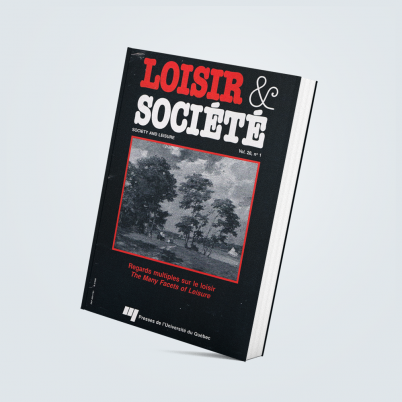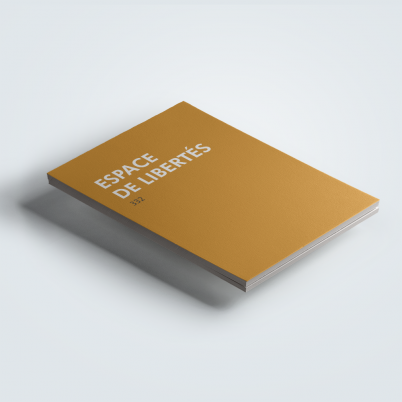Recognizing geographic and cultural alterity through sport? Institutionalizing the Arctic Games (1967-2004)
Abstract
The article studies the emergence and growth of the Arctic Games on the basis of a comparison with other attempts to re-appropriate the Olympic model. How was the autonomist strategy that founds these games born? Beyond the question of access to sporting practices, the goal is to show that this strategy aims at engaging a cultural transformation through a renegotiation of the norms and values which are carried by the dominant Western sports practices. Using documents archived on the official website of the Arctic Games as well as second hand data, the analysis sheds light on the manner in which this sporting event is part of a strategy in a fight for recognition (Honneth, 1992). As a vector for cultural pride, it constitutes a call for justice (Rawls, 1971) in reaction to the minorization, or even the contempt, experienced by the populations which are native to Northern Canada.
Informations complémentaires
| ouvrage | Diagoras: International Academic Journal on Olympic Studies |
|---|---|
| auteur | |
| pages | 27–46 |
| annee |
Be the first to review “Recognizing geographic and cultural alterity through sport? Institutionalizing the Arctic Games (1967-2004)” Annuler la réponse
Ce site utilise Akismet pour réduire les indésirables. En savoir plus sur comment les données de vos commentaires sont utilisées.
Related Products
-

Sociologie d’une profession hétérodoxe : la relaxation
Télécharger -

Dualité identitaire des femmes élèves officiers des Ecoles militaires de Coëtquidan : féminité préservée ou masculinité recherchée ? (Copie)
Télécharger -

Le dopage entre désir d’éternité et contraintes sociales ; le cas (particulier ?) de jeunes athlètes de haut niveau français
Télécharger -

Sports et violences : relations ambiguës ou réalité sociétale ?
Télécharger



Avis
Il n’y pas encore d’avis.